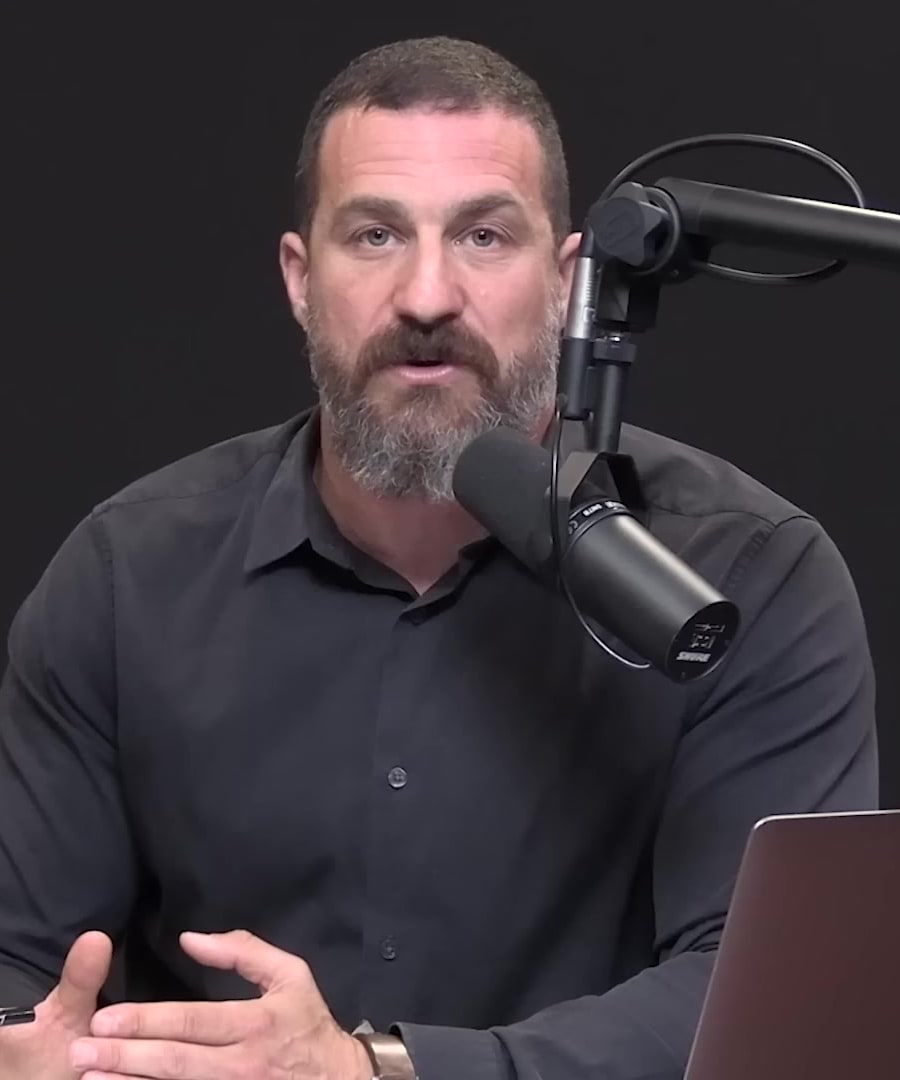Why is bright light at night bad for sleep?
Sources:
Bright light at night is detrimental to sleep due to its impact on melatonin production, which is essential for regulating sleep. Here are the reasons:
-
Melatonin Suppression: Exposure to bright light at night disrupts the natural release of melatonin, the hormone that signals your brain it's time to sleep. This disruption makes it harder to fall asleep and affects sleep quality [1].
-
Impacts on Circadian Rhythms: Bright lights, especially overhead artificial lights, mimic natural sunlight and confuse the circadian rhythms. These rhythms guide the sleep-wake cycle, hormone release, and other body functions. Artificial light at night disrupts these rhythms, leading to poor sleep [2].
-
Effect on Mood and Dopamine: Bright light exposure at inappropriate times can also impact mood by affecting dopamine circuits, a neurotransmitter linked to mood regulation. Disturbed dopamine levels can exacerbate issues like depression, further complicating sleep patterns [3].
Overall, to optimize sleep, it is advised to avoid bright light exposure from 10 PM to 4 AM and use dim, low-set lights at night. This approach aids in maintaining natural circadian rhythms and promoting the release of sleep-facilitating melatonin [4].
RELATED QUESTIONS-
I am 16 years old and I am getting taller. I don't have much muscle in my body but am just getting taller. Is there any solution?
Sources:
At a young age, muscle development and overall growth patterns can be influenced by nutrition, physical activity, and genetics. Here are some general considerations and recommendations discussed in a relevant episode concerning growth and physical development:
-
Nutrition: Consuming a balanced diet rich in essential nutrients supports both growth and muscle development. Prioritizing protein intake is particularly important for muscle growth.
-
Physical Activity: Engaging in regular physical activity, including strength training, can help build muscle mass. Starting weight training around the age of 16 can be beneficial, as discussed by and Kyle Gillett. They note that careful weight training, avoiding excessive "dirty bulking," and focusing on bodyweight exercises can be a wise approach 1.
-
Avoiding Excessive Weight Gain: They also caution against rapid or excessive weight gain (known as "dirty bulking"), which could affect growth. Maintaining a healthy weight and avoiding unnecessary fat gain is advisable not just for aesthetic reasons but also for overall health 1.
-
Consult a Specialist: Given your specific condition of gaining height without much muscle, it might be useful to consult with a healthcare provider or a specialist in adolescent medicine to ensure healthy growth and appropriate muscle development.
It's essential to understand that everyone develops at their own rate, and changes during adolescence can be varied and unique to each individual.
RELATED QUESTIONS-
How can we stop masturbating? Any solution.
To address the challenge of controlling behaviors such as masturbation, which may be related to broader issues of behavior and addiction control, relevant insights can be drawn from the . It is worth mentioning that addressing such personal behaviors often involves understanding the neurological and psychological factors involved, as well as practical strategies for behavior modification.
-
Understanding Pleasure and Pain Dynamics: One episode discusses how our brain processes pain and pleasure, detailing the neural circuits that motivate behaviors and how they can be influenced . Understanding these mechanisms can provide insights into why certain behaviors are hard to break and how one might effectively manage them.
-
Strategies to Break Addictions: Another relevant episode features Dr. Anna Lembke, an expert on addiction, and explores various aspects of how addictions form, including those related to behavior like masturbation. It offers strategies for managing and overcoming addictive behaviors .
In these discussions, they outline several strategies that might be adapted to manage or stop behaviors such as masturbation:
- Recognizing triggers and avoiding or managing them.
- Shifting focus to alternative healthy behaviors or hobbies.
- Understanding the neurological underpinnings might help in developing personalized strategies to counteract these behaviors.
- Seeking professional help from a therapist or counselor for tailored advice and strategies.
These episodes can provide both scientific insights and practical advice on understanding and potentially managing behaviors that one might want to change. However, for personalized and specific advice, consulting with a healthcare professional or therapist is strongly recommended.
RELATED QUESTIONS-
Due to cold in the leg, some of the veins have stopped flowing. Difficulty in walking. And as soon as let's muscles are pressed, they remain suppressed.
Sources:
The situation you are experiencing with difficulty in walking and issues with muscle responsiveness due to cold affecting your leg veins may be related to circulation and temperature regulation in your legs. Unfortunately, the does not specifically address medical conditions like reduced blood flow in the veins of the legs directly connected to cold. However, it does cover general information about how the body deals with cold exposure.
In a related discussion, explained the crucial role of the palms, soles of the feet, and face in regulating body temperature, which might provide insight into general temperature regulation strategies 1. Although this focuses more on heating and cooling the body under normal conditions rather than medical treatment for vascular issues, understanding these principles could indirectly assist in managing symptoms.
Since what you're describing sounds like a specific medical condition, it would be highly advisable to consult with a healthcare professional for an accurate diagnosis and appropriate treatment. The symptoms you described could be related to a more serious condition that requires professional medical evaluation.
RELATED QUESTIONS
Why is bright light at night bad for sleep?
- RELATED QUESTIONS
I am 16 years old and I am getting taller. I don't have much muscle in my body but am just getting taller. Is there any solution?
- RELATED QUESTIONS
How can we stop masturbating? Any solution.
- RELATED QUESTIONS
Due to cold in the leg, some of the veins have stopped flowing. Difficulty in walking. And as soon as let's muscles are pressed, they remain suppressed.
- RELATED QUESTIONS





